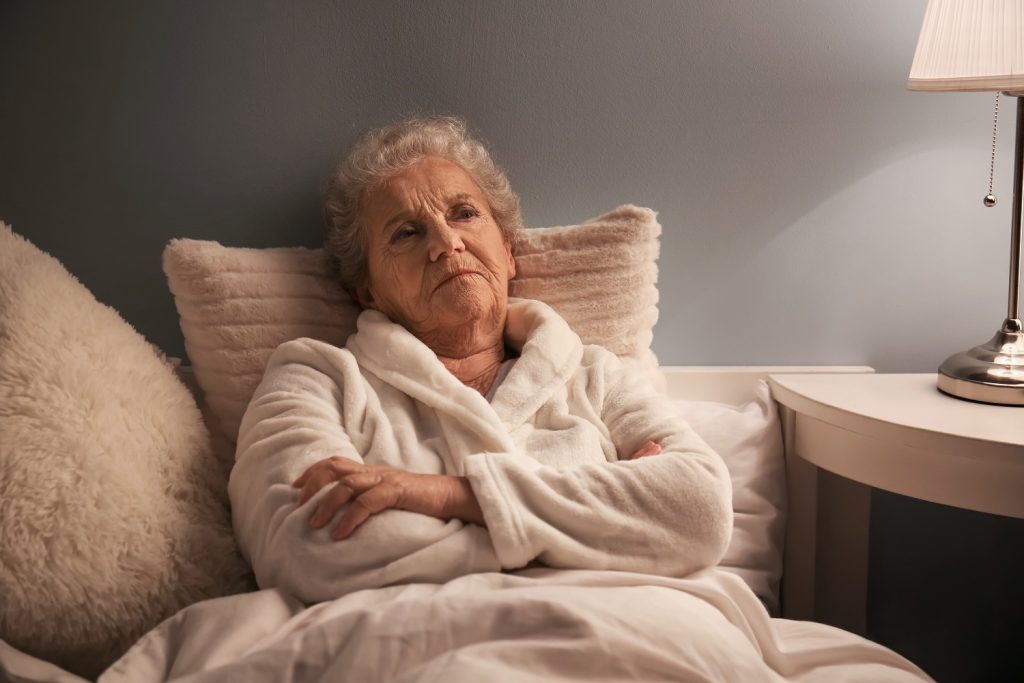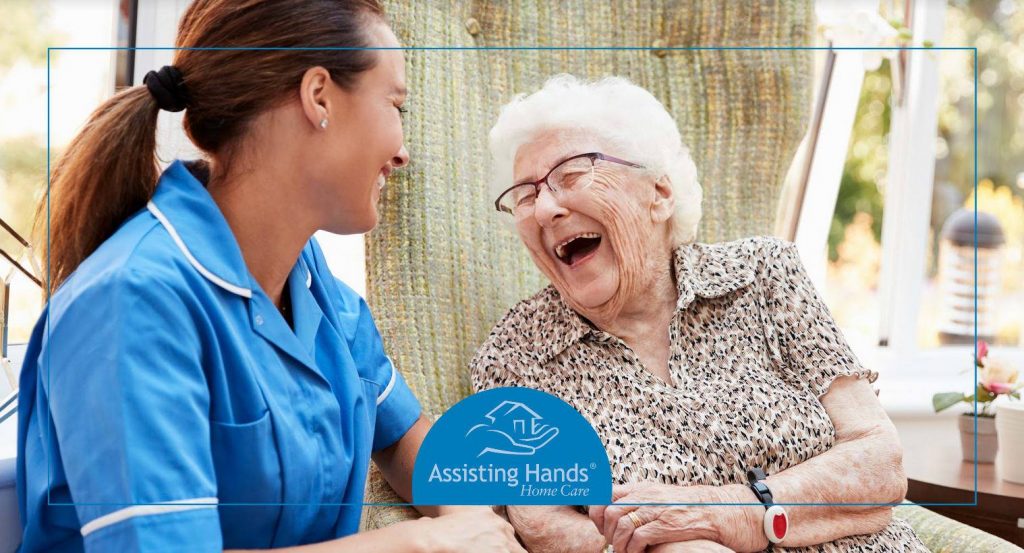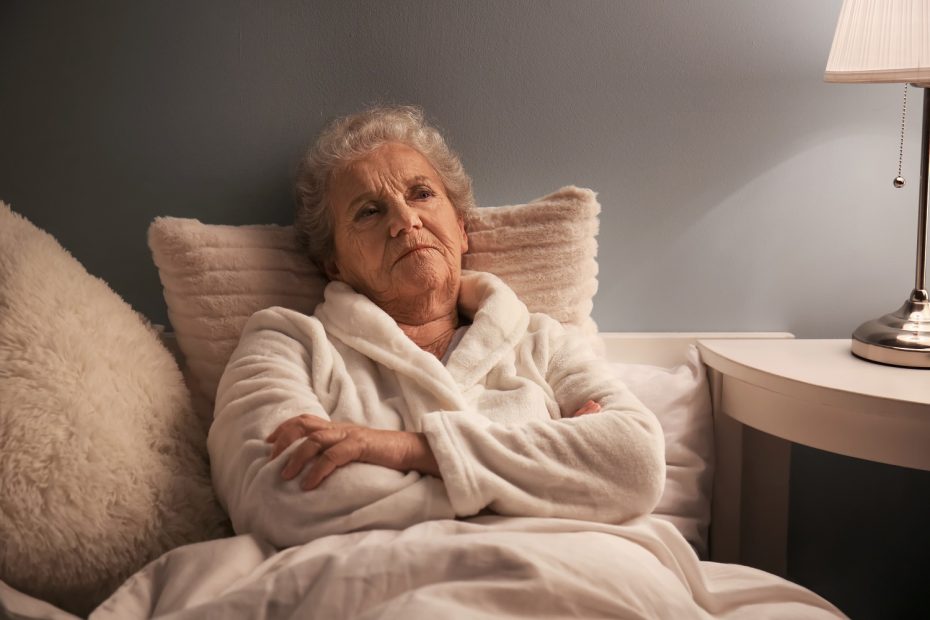
Bladder changes are a natural consequence of aging. Less elasticity in bladder tissues and weakened pelvic floor muscles are common as people grow older. The bladder is in use multiple times per day, so it is essential for seniors to maintain optimum bladder health.
The bladder is a hollow organ located in the lower part of the abdomen and stores urine. As a part of the urinary system, the bladder is surrounded by the kidneys, ureters, and urethra. The fluid waste leftover from food and beverage consumption is emptied through the bladder.
Due to age, seniors experience toughened bladder tissue. When the bladder becomes less stretchy, it is unable to hold as much urine; as a result, seniors make more frequent bathroom trips. Fully emptying the bladder becomes a challenge when a senior’s bladder wall or pelvic floor muscles weaken.
What are common bladder problems?
Problems in the bladder can disrupt daily life. Older females are more at risk for developing urinary tract infections (UTIs), since their weakened bladder muscles make it more difficult to empty the bladder. When urine remains in the bladder for an extended period, infections are likely.
Learn about How Seniors Can Recover from a UTI
Bladder infections are a common type of UTI. Bacteria enters the bladder and causes the senior to experience strong and sudden urges to urinate. A urethra infection is another type of UTI where the infection develops in the urethra; but this condition is far less common.
Kidney infections occur when the bladder infection spreads to the kidneys. Frequent or lengthy kidney infections lead to severe problems and can cause permanent damage to the kidneys. Seniors are at risk for bladder cancers, where the lining of the bladder becomes cancerous.
Lower urinary tract symptoms (LUTS) describe a group of symptoms that affect the bladder. Examples of symptoms include loss of bladder control, difficulty urinating, urine leaks, and a frequent urge to urinate. Problems with the pelvic floor muscles, urethra, and bladder cause LUTS.
What are tips to improve bladder health?
Improving bladder health can help prevent some of the aforementioned problems. It’s important for seniors, caregivers, and family members to keep in mind that the circumstances that affect bladder health are not entirely in anyone’s control. Here are tips, however, to promote bladder health.
- Drink Water
Water is the ideal beverage to promote a healthy bladder. Six to eight glasses of water are recommended each day for most healthy seniors. Drinking less water may be medically advisable for seniors with kidney failure or heart disease; discuss with a doctor how much fluid is beneficial.
- Limit Caffeinated Drinks and Alcohol
Seniors who cut down on alcohol consumption and caffeinated beverages may experience better bladder health. Beverages that contain caffeine include teas, coffees, and many soft drinks. Also reduce chocolate consumption, as one ounce of dark chocolate contains 12mg of caffeine.
- Prevent Constipation
Constipation causes an excess of stool to build up in the colon; the buildup causes pressure on the bladder and prevents it from expanding. Combat constipation by eating foods rich in fiber, like vegetables, fruits, and whole grains. Drink plenty of water and stay physically active.
- Perform Pelvic Floor Muscle Exercises
Daily Kegel exercises help strengthen pelvic floor muscles. As the bladder strengthens and is capable of holding urine, leaks during sneezing, coughing, laughing, or lifting may be prevented. Pelvic floor exercises can also help avoid leaks when a senior has a sudden urge to urinate.
- Urinate Often
Frequent trips to the bathroom will prevent the bladder from holding urine for too long. When urine sits in the bladder for extended periods, the bladder muscles weaken, and infections are likely. Urinating once every three to four hours is recommended for seniors.
Check out our blog post about Prostate Issues Among Elderly Men
- Empty the Bladder Fully
Similar to urinating often to empty the bladder, the elderly are advised to avoid rushing when using the bathroom. Hurrying to urinate may prevent the senior from fully emptying the bladder. As mentioned, when urine remains for far too long in the bladder, infections may develop.
- Wipe Correctly
Females must wipe from front to back after urination to prevent bacteria from entering the urethra. Correct wiping is especially critical after a bowel movement. It is not unusual to wipe in the wrong direction, but doing so can introduce bacteria from the gut into the urethra.
Caregivers who notice symptoms of bladder problems in elderly care recipients should contact a healthcare provider. Incontinence, waking up several times at night to urinate, an urgent need to urinate, pain during urination, and cloudy urine are warning signs of bladder issues.
Paying attention to seniors’ bladder health is important, since problems can cause the older adult to avoid social situations and have difficulty completing everyday tasks. Lifestyle changes, medications, exercises, surgery, and behavioral changes are treatment options for seniors with bladder issues.

Professional caregivers from Assisting Hands Home Care will tend to your elderly loved one’s overall health, including bladder health. If the senior’s physician recommends lifestyle changes, such as more exercise or drinking more fluids, we will help the senior follow the medical advice.
As a leader in senior care, Assisting Hands Home Care provides exceptional in-home support to older adults of all levels of functioning. Seniors who experience bladder incontinence, for example, receive full support from our trained caregivers. We also assist seniors with all other personal hygiene tasks.
Our caregivers prepare nutritious meals, shop for fresh groceries, perform light housekeeping, provide safe transportation, and give timely medication reminders to seniors in our care. Home care services are comprehensive and meet the daily, non-medical needs of elderly care recipients.
Assisting Hands Home Care services are flexible. Families turn to us for respite care, post-operative care, compassionate dementia and Alzheimer’s care, hospice home care, overnight care, live-in care, and 24-hour care. Our caregivers are available for a variety of scheduling needs.
Your elderly loved one deserves extra support at home in order to comfortably age in place. When you seek reliable senior home care in Buffalo Grove, Deerfield, Lake Zurich, Lake Forest, Lincolnshire, Mundelein, Vernon Hills, Highland Park, Libertyville, Round Lake Beach or surrounding areas (See All Served Areas), choose Assisting Hands Home Care, like so many satisfied families have. Call us at (224) 268-9068 to set up an in-home consultation and prepare a customized care plan to meet all care needs.
















